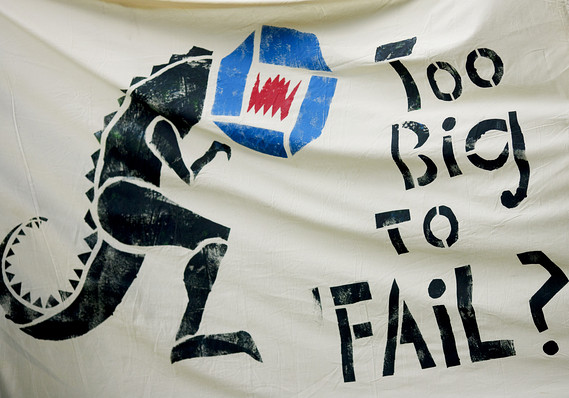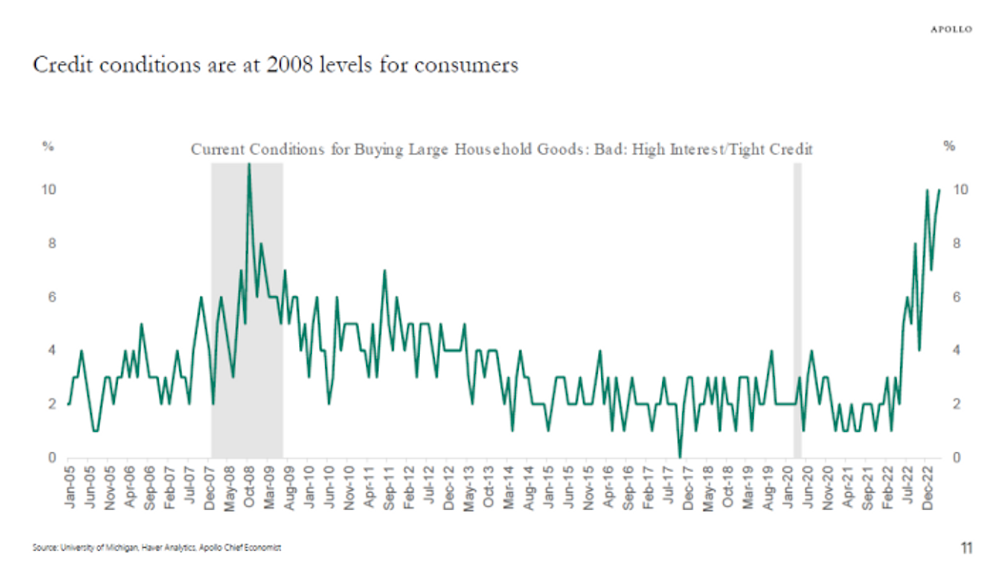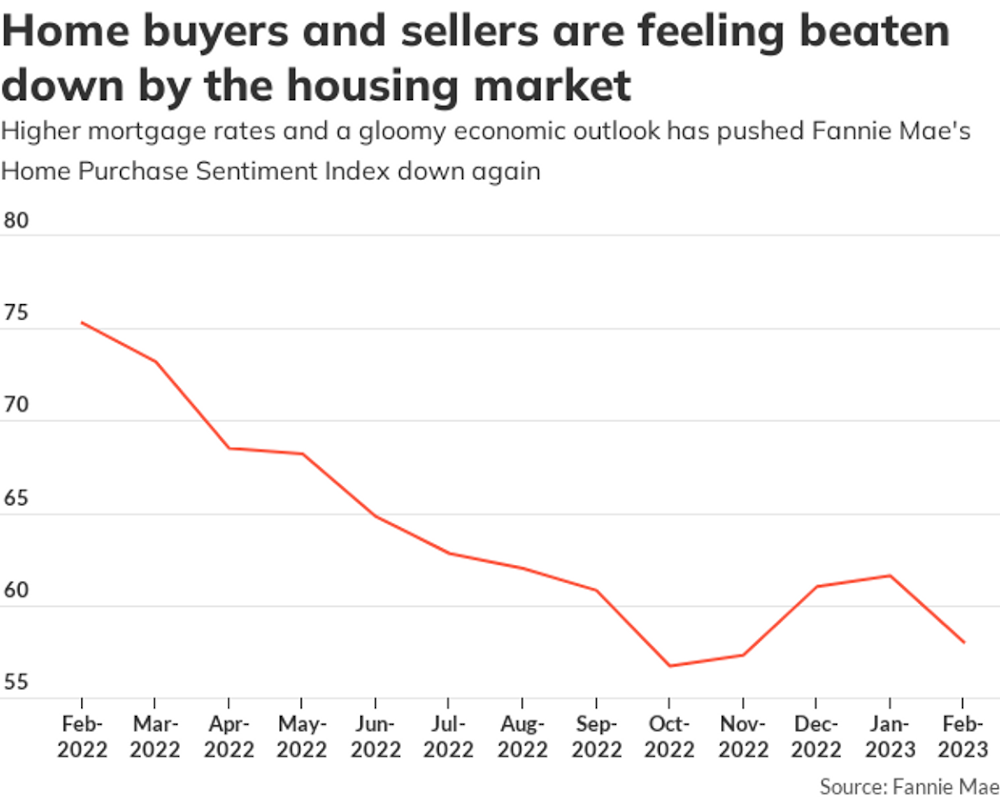WASHINGTON (MarketWatch)
The University of Michigan-Thomson Reuters
consumer-sentiment index fell to a preliminary June reading of 74.1 -- the
lowest level since December -- from 79.3 in May, according to Friday reports
Economists polled by MarketWatch had expected a June reading of 77.8, with weak
jobs data and stock-market volatility more than offsetting lower gas prices
The
sentiment gauge, which covers how consumers view their personal finances as well
as business and buying conditions, averaged about 87 in the year before the most
recent recession
Economists watch sentiment data to get a feel for the
direction of consumer spending.
Welcome
stock market phases theorem.
Chief Artificial Intelligence.
Academic training in Fundamental Mathematics.
IA basada en Razonamiento Humano
Billie, Founder with academic training in Fundamental Mathematics and professional experience in Large Multinationals in the Information Technology sector, having held positions in high-level management positions, maintains that it is time to reduce Unproductive Public Expenditure and help the Private Sector in everything that is possible.
Cortesía de Investing.com
Cortesía de Investing.com
Agenda Macro
Calendario económico en tiempo real proporcionado por Investing.com España.




















1 comentario:
WASHINGTON (MarketWatch) — Consumer sentiment fell this month to the lowest level since December, with gloomier views on current and future conditions, according a gauge released Friday by the University of Michigan and Thomson Reuters.
Uncertainty, again, for economy
If the American economy falters again, the most likely culprit will be that classic enemy of growth that's plagued past administrations: uncertainty.
• Consumer sentiment lowest since December
• Factory activity cools in New York region
• Industrial production slips 0.1% in May
• Foreign demand for U.S. assets up in April
• CPI falls sharply in May | May retail sales drop
The consumer-sentiment index fell to a preliminary June reading of 74.1 — the lowest level since December — from 79.3 at the end of May. Economists polled by MarketWatch had expected a narrower decline to 77.8 in June, with weak jobs data and stock-market volatility more than offsetting lower gas prices. See economic calendar.
“Recent weak hiring is seeing consumers reassess their current financial positions, meanwhile developments overseas and at home appear to be making them more cautious on the future outlook as well,” said Andrew Grantham at CIBC World Markets.
The U.S. Labor Department recently reported that the economy gained a low 69,000 jobs in May. Given slow job creation, and uncertainty in Europe and Washington, the sentiment decline is not surprising, said analysts at New York-based RDQ Economics.
Sentiment is “a reflection of job creation, income growth, wealth, inflation and other factors that influence consumer behavior,” according to RDQ.
The sentiment gauge, which covers how consumers view their personal finances as well as business and buying conditions, averaged about 87 in the year before the most recent recession. Economists watch sentiment data to get a feel for the direction of consumer spending.
Consumers’ views on current conditions declined to 82.1 in June from 87.2 in May. Meanwhile, a gauge of their expectations fell to 68.9 from 74.3. Consumers’ views for one-year inflation remained at 3%.
Elsewhere Friday, the Federal Reserve reported that industrial production weakened in May as the output of cars and other items slowed. Read more about industrial production.
Publicar un comentario